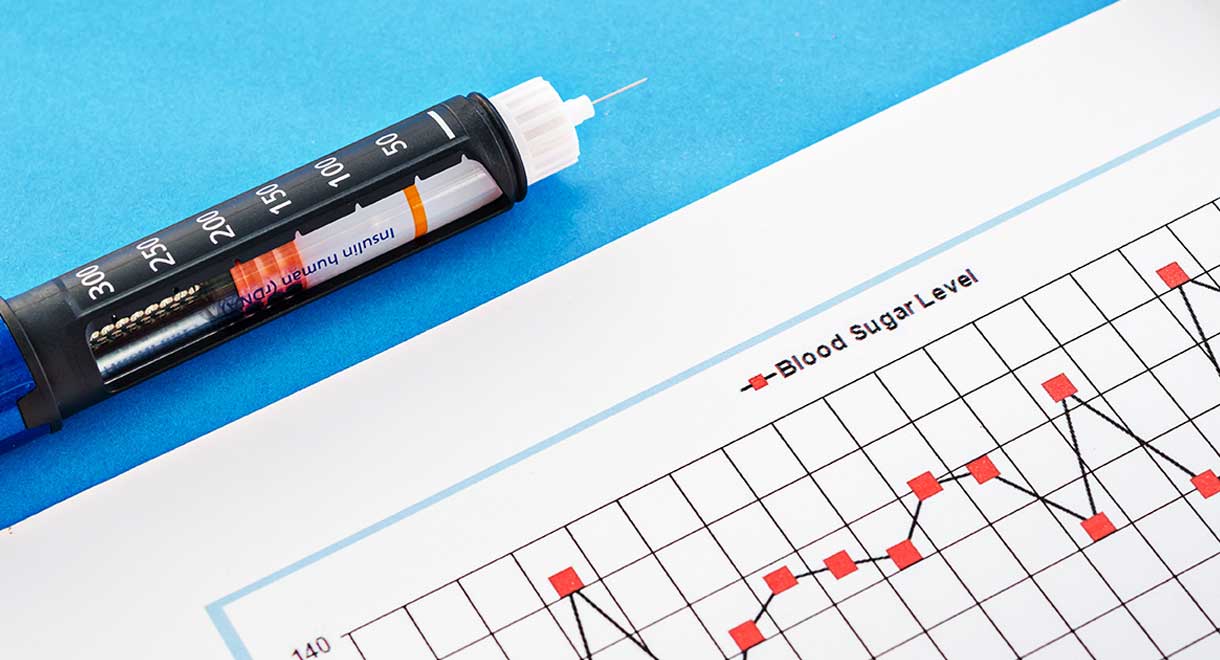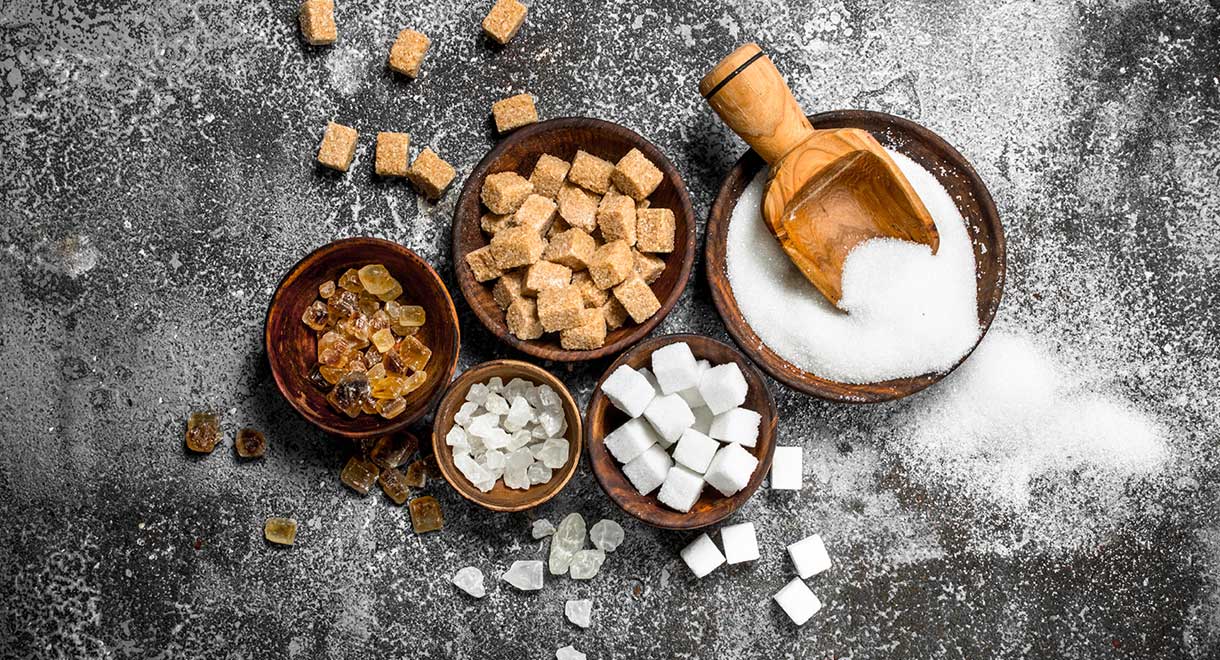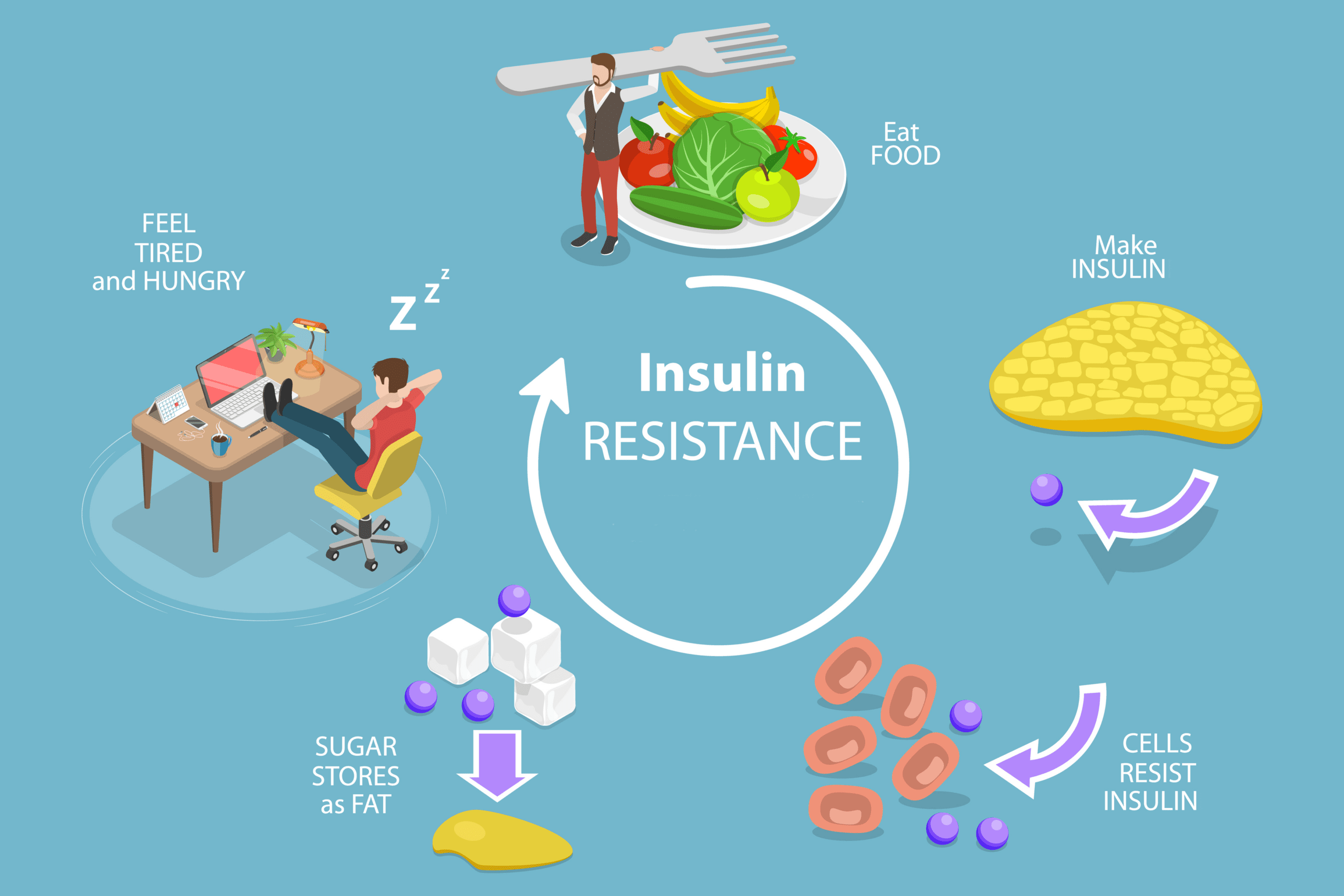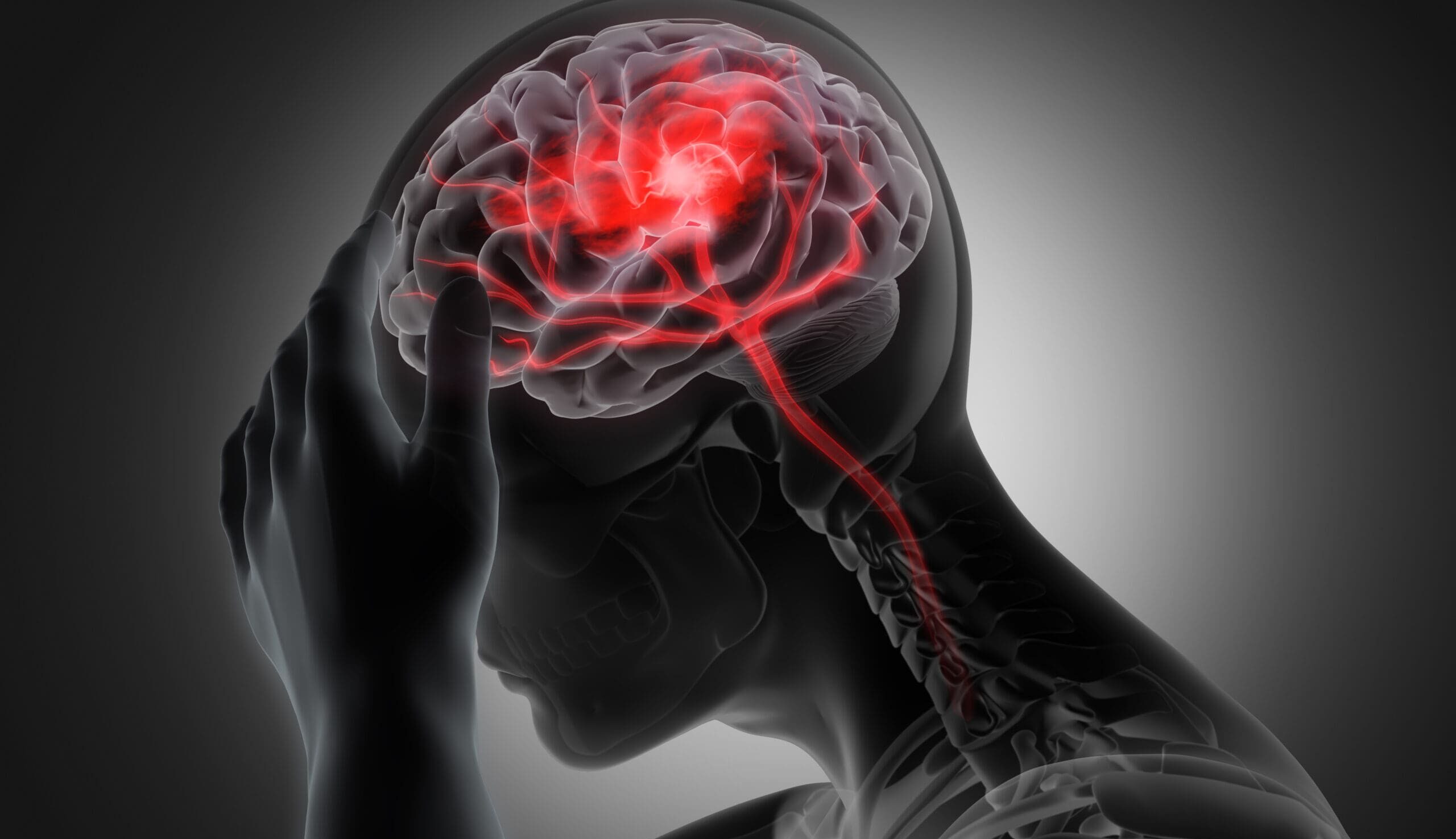7 prominent causes of weight gain and obesity
By Jessah Robinson, Adv Dip (Nut Med)
Obesity is one of the world’s biggest health problems and is showing no sign of slowing down. Being overweight or obese is linked to heart disease, high blood pressure, type 2 diabetes and several other health problems. Although weight gain and obesity are predominantly caused by a combination of diet and lifestyle choices, there are several other factors that need to be taken into account. Here are 8 factors associated with weight gain and obesity:


1. Genes
Obesity has a strong genetic element, as children with obese parents have a much higher chance of becoming obese than children with parents of a healthy weight. In saying that, obesity is not entirely predetermined, as the foods you eat have a huge impact on which genes are and aren’t expressed. This means that no matter what genes you are born with, your decisions ultimately determine whether these genes will be expressed.


2. Processed foods
A processed food is any food that has been altered in some way during preparation. The ingredients have been refined and mixed with additives to make the food taste better, extend their shelf life and basically make them hard to resist. Processed foods include breakfast cereals, bread, pastries, baked goods, deli meats, pre-packaged meals and soft drinks. These types of foods are sources of empty calories, which means they are high in calories but with no nutritional value. Because they are completely lacking any form of nutritional value, their consumption ultimately leads to overeating and subsequent weight gain.


3. Food addiction
Many types of sugar-laden, high-fat junk foods stimulate the reward system of the brain, which can lead to addiction in susceptible individuals. In actual fact, this type of food addiction has been compared to common drug addictions such as alcohol, caffeine and nicotine. This is because in the same way an alcoholic has loss of control over their drinking habits, a food addict will experience that same loss of control for their next sugar fix. QuickLoss Meal Replacement is a quick, easy, convenient and filling meal option that can help you stay on track with healthy eating.


4. Aggressive marketing tactics
Junk food advertising can be very aggressive and even unethical as misleading claims are often used to market unhealthy products as healthy choices. Children are often the target, and in this day and age we are seeing more and more children living with obesity, insulin resistance and diabetes. However, children are not the only ones affected and everyone is vulnerable to misinformation. There are many websites that spread inaccurate or false information about health and nutrition. Some media companies will even oversimplify or misinterpret results from scientific studies to suit their marketing needs. It is important to work alongside a healthcare practitioner or make sure you are getting your information from credible sources when following health advice.


5. Insulin/leptin resistance
Insulin is essentially a fat-storing hormone, as one of its many roles is telling fat cells when to store fat or to hold on to the fat they already carry. The typical Western diet promotes insulin resistance, which is when insulin remains consistently elevated and causes energy to get stored as fat as opposed to being used for energy. Elevated insulin levels and insulin resistance are linked to obesity. Leptin is another important hormone that is produced by fat cells and increases in the body when there are excess amounts of fatty tissue. In healthy people, leptin acts as a satiety hormone and makes you feel full. But in many obese people, they become leptin resistant as leptin is unable to be released into the bloodstream. Thus, leptin is believed to play a huge role in obesity. You can learn more about leptin resistance in this podcast.


6. Prescription medication
Many prescription medications such as antidepressants, diabetes medication and antipsychotics have been linked to modest weight gain over time. They can actually alter the mechanics of your body and brain, reducing metabolic rate and increasing appetite to cause weight gain.


7. Sugar
Added sugar has to be one of the single worst additions to the modern diet. Not only is it highly inflammatory but it also suppresses the immune system, depletes nutrients and contributes to weight gain. For this reason, it is critical to avoid consuming excessive amounts of sugar in the diet. Be mindful when choosing packaged foods, as there are several different names for sugar with the most common being sucrose, high-fructose corn syrup, dextrose, maltose and rice syrup.
Dr Cabot’s Ultimate Superfood powder is a breakthrough formula combining superfoods and protein. It contains 28 different superfoods and greens, superior golden pea protein, digestive enzymes, vitamins, minerals and liver cleansing herbs. Its benefits include: boosting energy levels, optimising fat burning in the liver, strengthening the immune system, and enhancing toxin removal.









if sugar etc is bad , aren’t artificial sweeteners bad too ??
Artificial sweeteners have the potential to contribute to weight gain:
https://www.cabothealth.com.au/know-artificial-sweeteners-lead-obesity/
so what is Doc Cabot’s Nature Sweet ??
It is a blend of Maltitol, erythritol, inulin and stevia which are all natural sweeteners.
There is a comparison guide here: https://www.cabothealth.com.au/want-to-quit-sugar-but-have-a-sweet-tooth-try-nature-sweet-sugar-substitute/